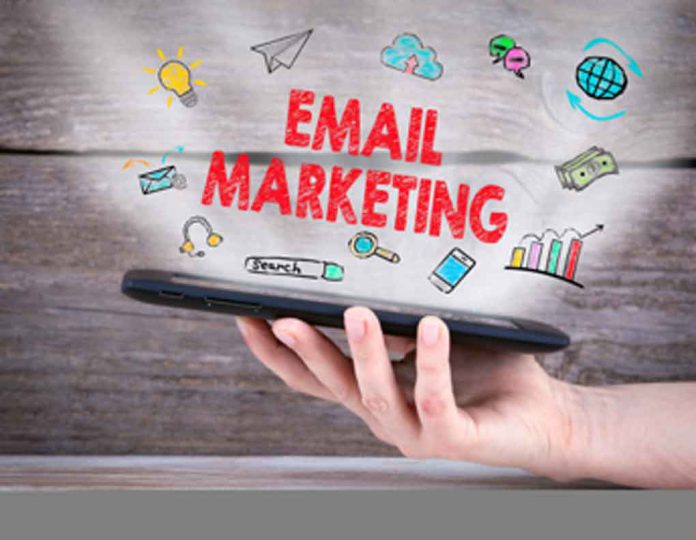Email marketing has long been regarded as a cost-effective staple in any marketer’s toolkit. If you can get people to sign up for your email list, you’ve established a powerful means of direct contact—with which you can drive sales and foster loyalty.
Though email marketing is a tried-and-true strategy, it’s still evolving. Sending out generic blast emails may be cheap or free, but there’s no guarantee you’ll get the desired response pursuing this course of action. In fact, you’ll alienate your audience over time.
Here’s what sellers need to know now about email marketing for e-commerce.
People Respond Better to Email Personalization
Inserting customers’ names into emails is merely the tip of the iceberg when it comes to personalization. The more people feel your brand is writing specifically to them, the more attention they’ll pay to the messaging.
Marketing expert Neil Patel recommends setting up automated behaviour trigger emails because their open rate is 152 percent higher than traditional emails. Why? Because they’re based on actions subscribers have actually taken, often in real time.
One example is a re-engagement email sent to a customer who put an item in their shopping cart without completing the transaction. A timely follow-up email behooving the person to take another look at Product X and finalize the purchase can be a powerful motivator.
Another way to use behavior-triggered emails is to cross-sell products complementary to whatever someone just purchased.
“Your Product A is on the way; add even more value with Products B, C and D.”
If you run a store selling makeup on Shopify, a customer who purchased foundation and eye shadow may be interested in purchasing setting spray shortly thereafter to keep their new cosmetics in place all day. You could email a customer who ordered eyebrow filler about mascara you offer in the same shade, encouraging them to buy the set for a cohesive look—plus a complementary eyeshadow palette, of course.
The core principle of effective personalization is understanding who you’re emailing: Where are they in the sales funnel? Engaging with someone who’s visited your website once requires a different approach than communicating with a recurring customer who’s made 10 purchases in the last year.
For best results, segment your customers as granularly as possible so you can customize your messaging for each group.
Email Marketing Is for Mobile Devices, Too
Another thing to consider is how consumers are receiving and hopefully engaging with your emails. Mobile click-through rates are on the rise. By the end of 2016, the mobile click-to-open rate was around 11 percent on average. By Q3 of 2018, the rate had risen to 14 percent. As Practical Ecommerce notes, marketers are “getting better at designing emails and web experiences that are actionable on mobile from start to finish.”
Assume an increasing number of consumers are both checking their emails using mobile devices and performing deeper actions like browsing and buying. Make sure your email marketing campaigns are optimized for mobile friendliness. Keeping emails short and sweet, plus making calls to action very prominent, will help here.
Brands Are Implementing Artificial Intelligence
Zeroing in on the most effective email marketing formula used to involve lots of “guess and check,” also known as A/B testing. But increasingly, brands are turning to artificial intelligence (AI) technology to optimize campaigns. According to Business 2 Community, some experts predict automated email marketing will account for $2.29 billion by 2025.
Sellers who know how to harness the latest in email marketing with personalization, mobile friendliness and campaign optimization will drive sales and loyalty.







